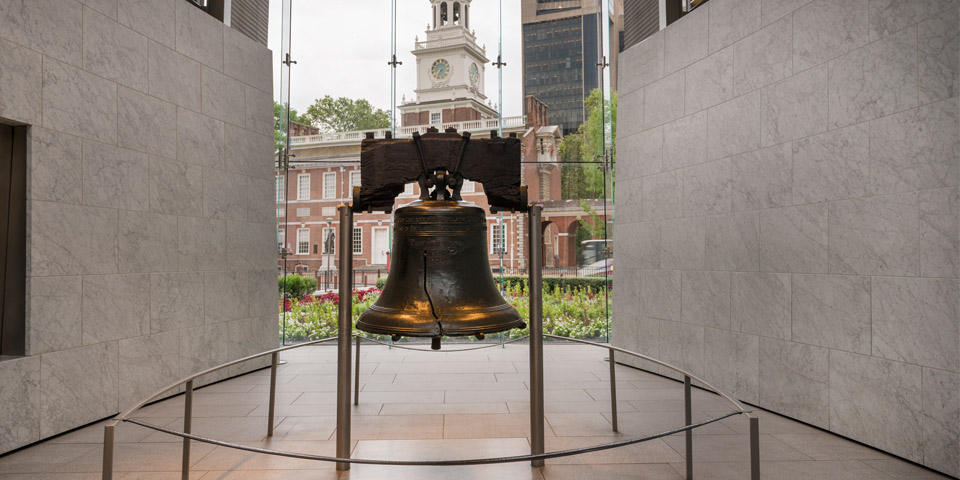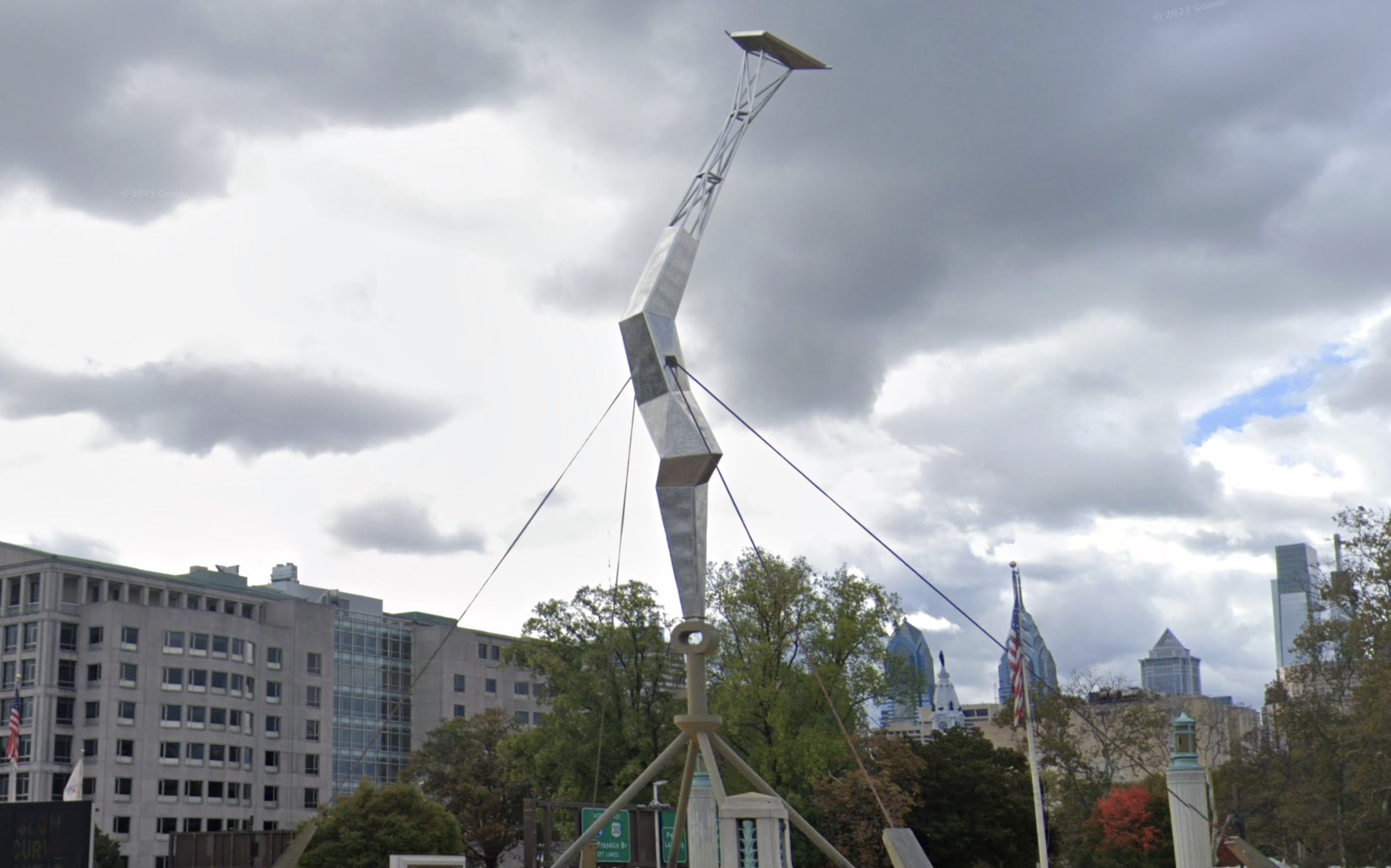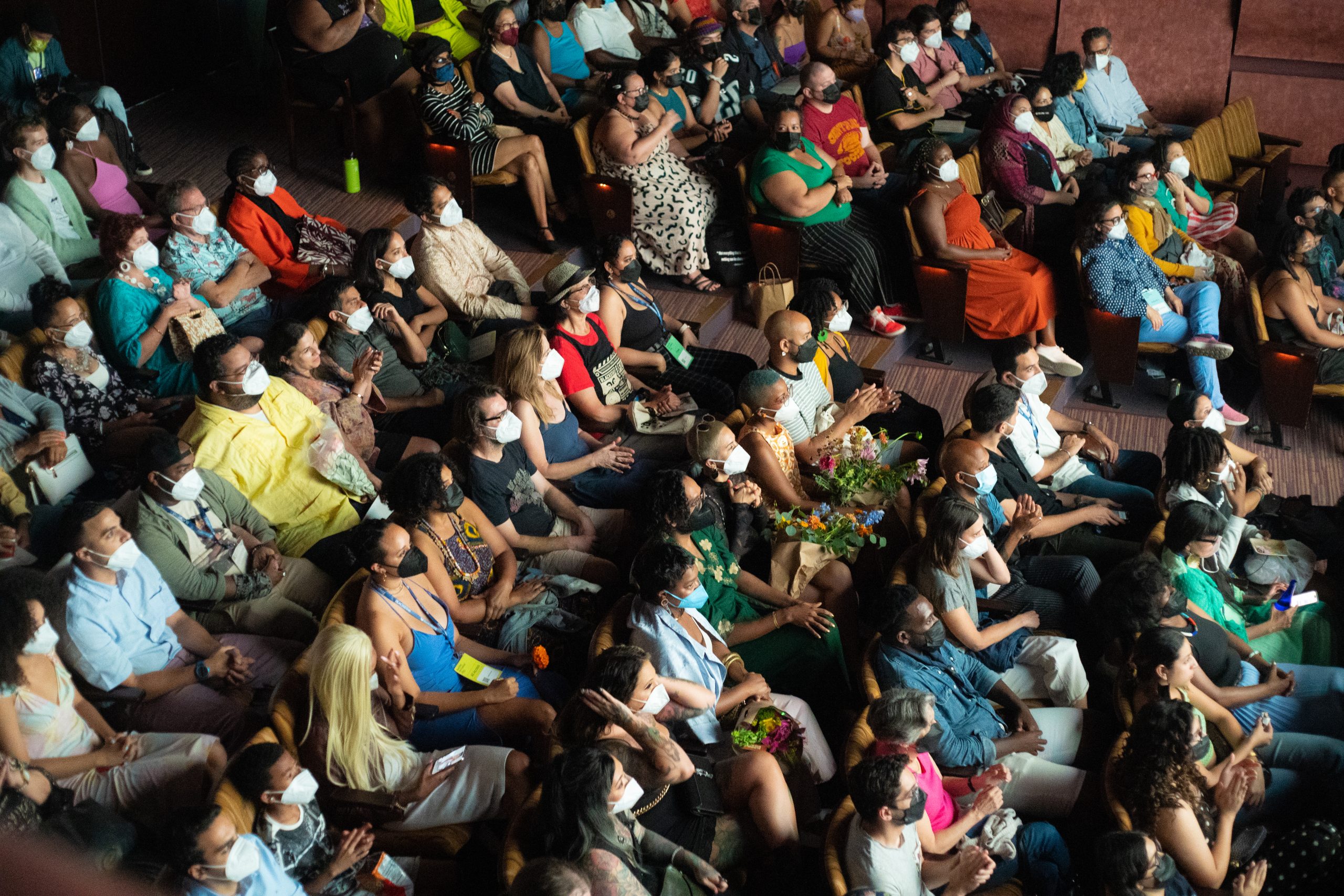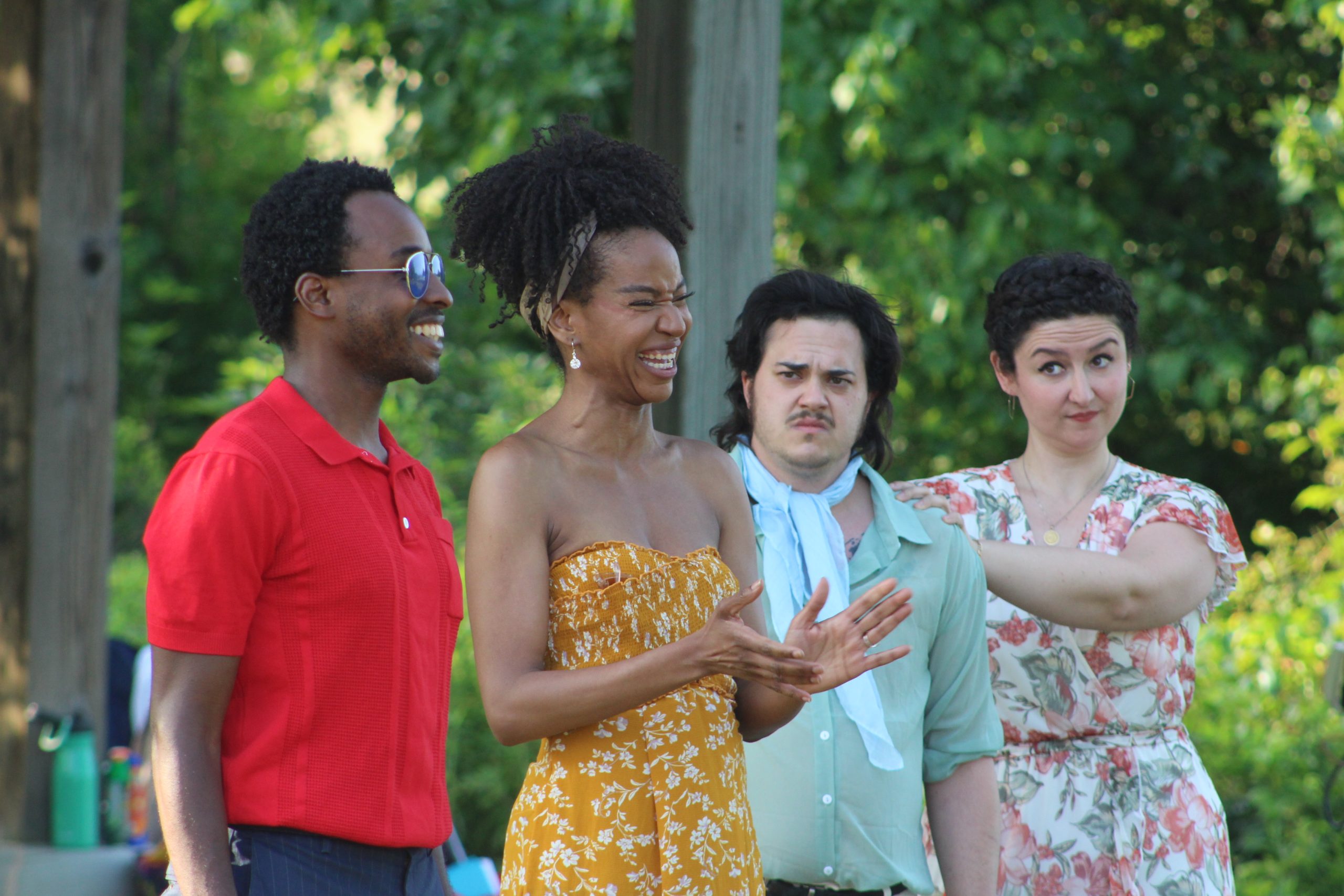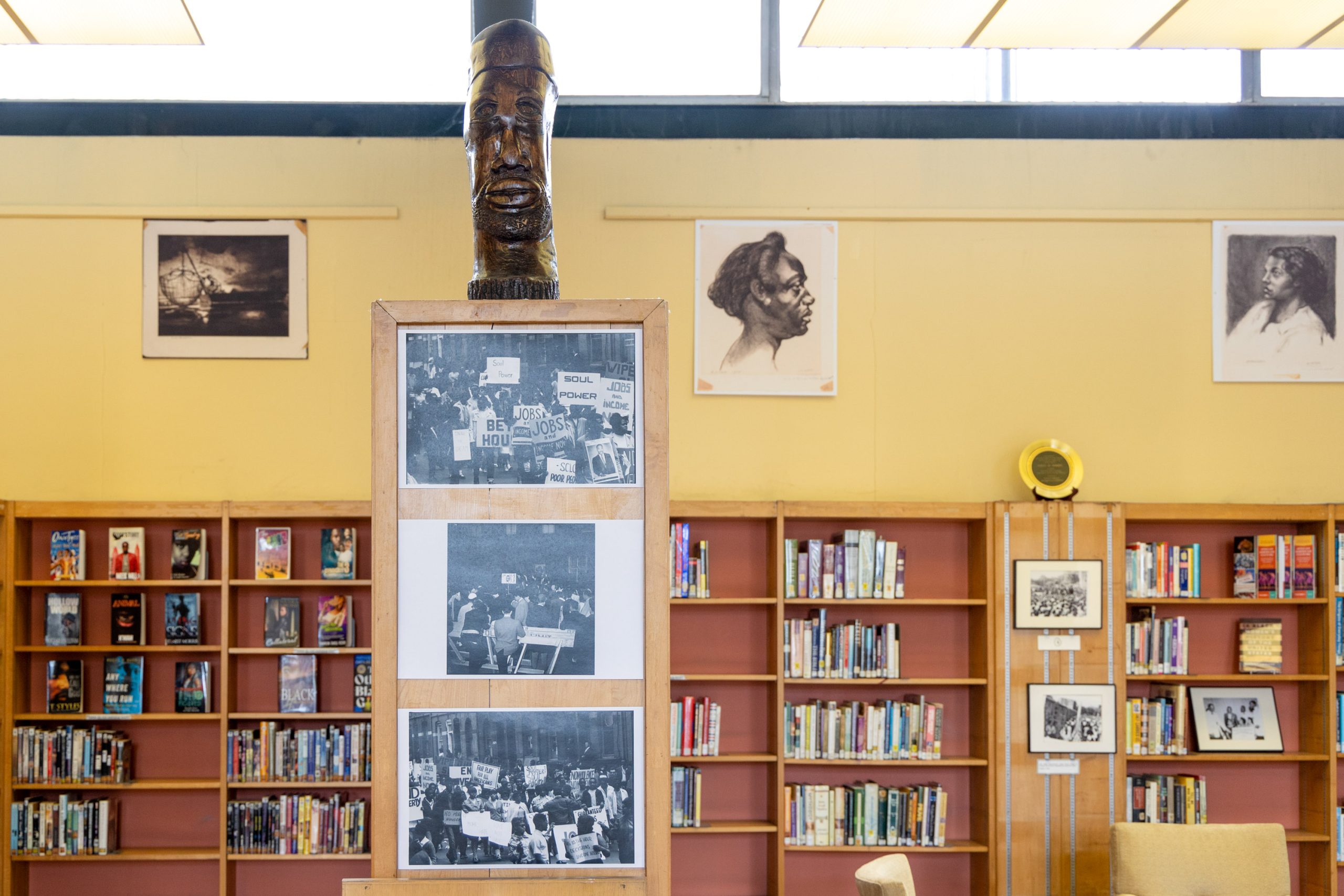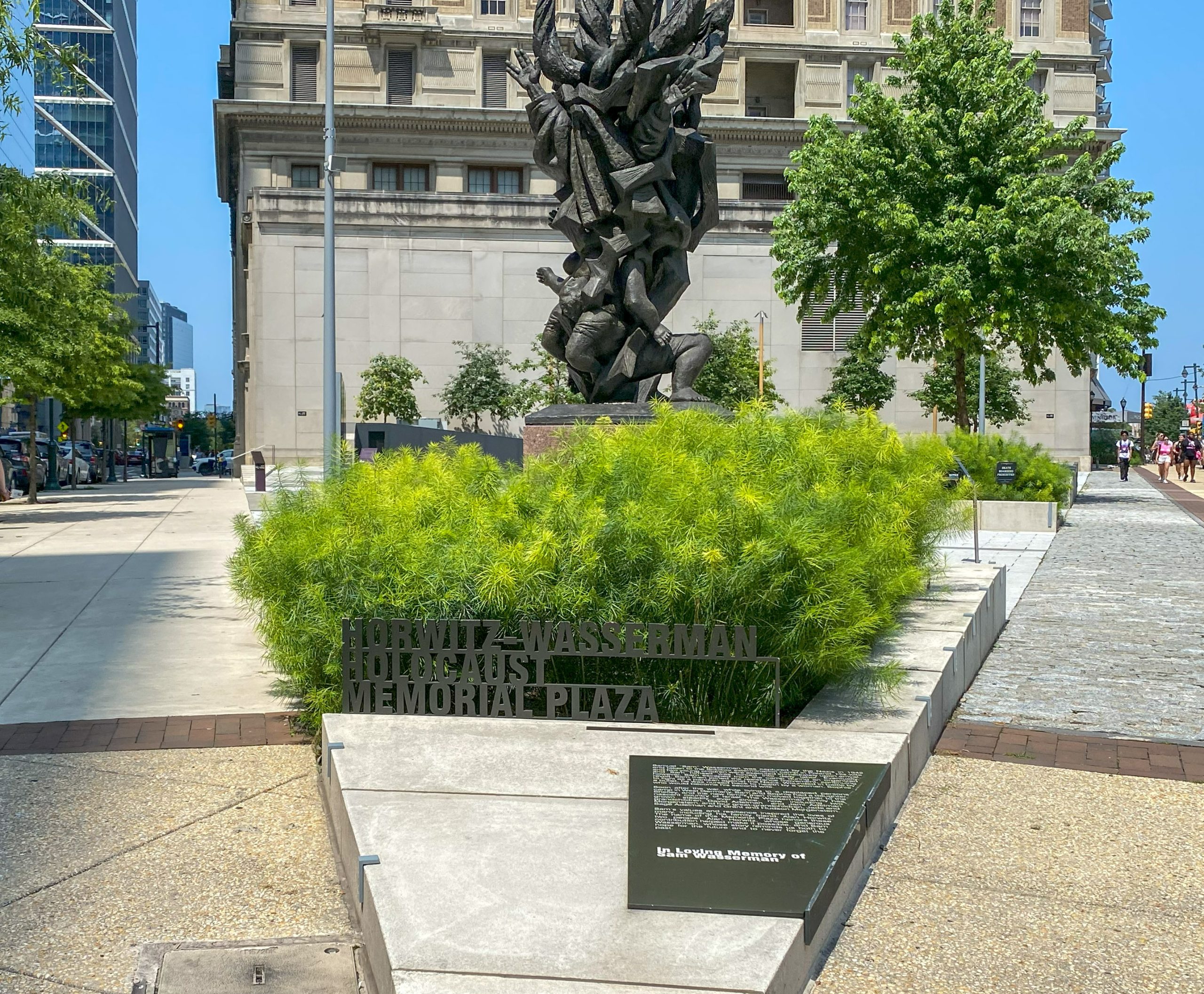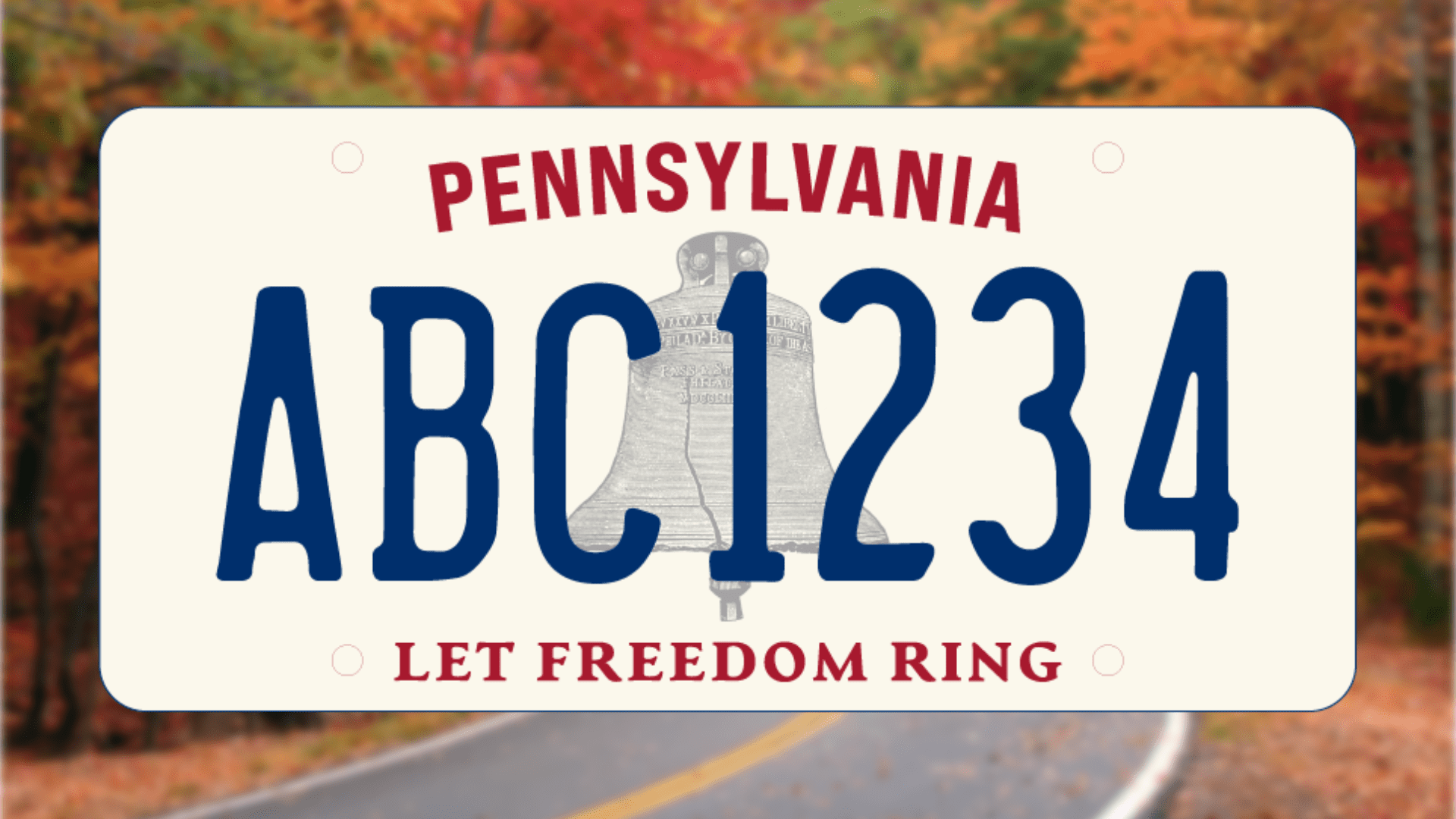June 7 marks the 45th Anniversary of Black Music Month. First officially recognized by President Jimmy Carter in 1979, the month honors the significant contributions of Black musicians in numerous genres and how that influence is one of the country’s greatest creations and exports.
The first celebration was held on the South Lawn of the White House and featured performances by Chuck Berry and Billy Eckstine.
The month has had several names including National Black Music Month. It was renamed African American Music Appreciation Month in 2009 by President Barack Obama. He noted that Black artists have created music “to dance, to express our faith through song, to march against injustice, and to defend our country’s endearing promise of freedom and opportunity for all.”
In 2023, President Biden, signed a new proclamation and returned the month to its original name.
“During Black Music Month, we pay homage to legends of American music, who have composed the soundtrack of American life,” Biden wrote in his proclamation. “Their creativity has given rise to distinctly American art forms that influence contemporary music worldwide and sing to the soul of the American experience.”
While the contributions of Black Philadelphia artists have been well documented, the story of Philly’s crucial role in creating and celebrating Black Music Month since it started in 1979 may be less well known.
Here’s a look at the history of efforts in Philly to create Black Music Month:
Philly legend Kenny Gamble co-founds Black Music Month
The name Kenny Gamble is synonymous with musical excellence, so it is completely on brand for Gamble to help lead the way in co-founding Black Music Month along with his former partner, media trailblazer Dyana Williams, and pioneering label executive Ed Wright.
Alongside songwriting partner Leon Huff and their longtime collaborator Thom Bell, Gamble founded Philadelphia International Records in 1971, which gave the world TSOP: The Sound of Philadelphia. The label would go on to be one the most successful labels of the 70s boasting a roster that included The O’Jays, Teddy Pendergrass, Harold Melvin & the Blue Notes, Patti LaBelle, MFSB, The Three Degrees, and Lou Rawls. Gamble and Huff are credited with 175 gold and platinum records. In addition to numerous other accolades, Gamble was inducted into the Rock and Roll Hall of Fame and in 2024, he received an honorary doctorate from the University of Pennsylvania along with Huff.
The Black Music Association: the engine behind Black Music Month
After witnessing the work of the Country Music Association and Country Music Month while on a trip to Nashville, Gamble was convinced that Black artists need something similar. Shortly thereafter, Gamble and met Wright at a National Association of Television and Radio Announcers (NATRA) convention, after which they would go on to establish the Black Music Association.
In September 1978, the BMA officially launched in La Costa, California. Music industry heavyweights like Berry Gordy, Dick Griffey, Don Cornelius, Stevie Wonder, Smokey Robinson, and Rev. Jesse Jackson, were all in attendance at the history-making event.
Originally, the BMA had four divisions which were marketing and merchandising, record company executives, TV and radio on-air talent (including DJs and journalists), and the artists themselves.
“Initially, Black Music Month started as an economic program more than anything else,” Kenny Gamble said in an interview with Music Quarterly. “The CMA had worked to establish October as Country Music Month, so we picked June as a time where we could concentrate on recognizing and celebrating the economic and cultural power of Black music and those who made and promoted it. The slogan we came up with was, ‘Black Music Is Green’ – it was about economics. So, in an effort to galvanize, as well as create an advocacy entity, Black Music Month was born.”
Dyana Williams’ nearly decade-long lobbying effort
Although she was born and raised in Harlem, “The Godmother of Black Music Month” Dyana Williams is definitely at least an honorary Philadelphian after more than four decades of being connected to the city. As a Black Music Month co-founder, Williams hosted celebrations and events to honor the month through the 80s. She was stunned to discover that President Carter never signed the official proclamation for Black Music Month to be recognized by the federal government as an annual celebration.
While producing a Black Music Month celebration in the 90s, she wrote to then-President Bill Clinton, calling for the White House to host an event when she learned of Carter’s oversight.
“The White House said, ‘Well, we see that President Carter hosted the Black Music Association. We know that you were his guests. But he unintentionally did not write a presidential proclamation, which would’ve meant that every president following him would have done similarly,’” Williams said in an interview with Grammy.com
“I remember I called Gamble: ‘Can you believe this?’ It just gave a higher level of official recognition or celebration,” she continued. “ It’s just like Juneteenth. Black folks have been celebrating Juneteenth for a long time, but now it’s becoming more in vogue and more well known.”
Chaka Fattah helps get Black Music Month legislation approved by Congress
Former Philadelphia Congressman Chaka Fattah played a pivotal role in getting Black Music Month officially recognized in Congress. For years, Fattah and Williams worked diligently to pass House Resolution 509, also known as the African American Music Bill, in the spring of 2000 during Clintion’s final term. The bill even had bipartisan support from Pennsylvania Senator Arlen Specter.
“I reached out to [Democrat] Chaka Fattah, who is the representative in Philadelphia where I reside, and also state Senator Arlen Specter, who was the Republican Senator because I wanted bilateral support on both sides … Specter agreed to do letters and contact other senators on my behalf, and Congressman Fattah agreed to introduce the legislation,” Williams told HuffPost in 2014. “I wrote the actual draft that became the language for the bill that ultimately in 2000 was passed in Congress and recognized June as Black Music Month.”
Caliph Gamble carries on his parent’s legacy
Caliph Gamble, the son of Gamble and Williams, is the founder of the Sons of Legends Foundation which is inspired by the BMA. The group is committed to carrying the torch of his father’s and mother’s love of music and commitment to activism. The organization’s mission, similar to the BMA, is focused on spreading the message of the importance of Black Music Month as well as leading initiatives and projects throughout Philadelphia.
“It’s an honor to have observed my parents’ work over the course of my life,” Caliph Gamble said in an interview with Billboard.com. “And it’s with great pleasure that we look forward to establishing a blueprint of what they’ve accomplished, so generations to come can use their model as an option toward their own success.”
–––
The city’s heritage of Black music will be a big part of the Juneteenth festivities on June 19. A free Black Music City Grantee Showcase will celebrate 30 recipients of artistic grants who’ve received grants for their work inspired by Black musicians or musical styles closely connected to Philadelphia through its history. The showcase will be held at World Cafe Live from 5 to 9 p.m.








